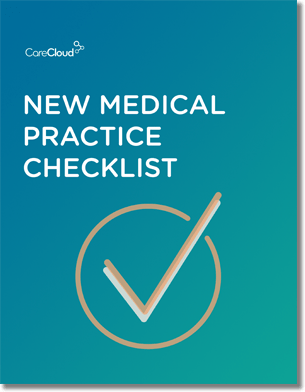ePrescriptions are hailed as a panacea to Rx-related costs, with studies indicating an increase in first-fill medication adherence and healthcare savings that could add up to nearly $240 billion.
Small and mid-size practices are leading the way, making up a sizeable chunk of the 58% of physicians using ePrescribing tools outside of the hospital. So sure, it’s clearly popular, but do electronic prescriptions actually improve patient health?
Medication Adherence
It’s likely that with more physicians using ePrescriptions, there will be a boost in medication adherence that can have a major impact on the quality of healthcare. Already, a Surescripts study found that for every 100 prescriptions made electronically, 76.5% of prescriptions are retrieved, up seven percentage points over paper prescriptions.
Adherence to medication plays a huge part in lowering readmissions. Coupling ePrescriptions with text messages and email appointment reminders, which can be programmed via many electronic health records, is an extra nudge that makes a significant difference among patients.
Precision
How do both the pharmacist and the patient benefit from ePrescriptions? It goes beyond just shorter waiting times.
An electronically sent prescription ensures accuracy, guaranteeing a patient receives the medication he or she needs and eliminates errors due to bad handwriting, unclear dosages or generic versus brand name medication.
In other words, the pharmacist isn’t held liable for errors, patient health improves, the doctor does his job properly and everyone is happy.
Convenience
In order for patients to become more proactive about their health, they need to engage more in their care.
Forcing a patient to take his or her prescription to the pharmacy is a form of compliance care: I have to get in my car and waste gas and take time out of my day to drop off this prescription, then I’m coming back to pick it up.
ePrescriptions provide an avenue for physicians to engage patients in a way that educates them about their personal health by promoting patients to ask questions on the spot on anything from the nature of the medication to how it works – even questions about the technology at your practice. Not to mention, ePrescriptions are essential to the survival of telehealth efforts.
ePrescriptions mean personalized care for patients, so they should be used in a way that makes patients feel a sense of exclusivity. That way, individuals can use ePrescriptions to become ePatients and engage in effective self-management of their health.
Are you actively ePrescribing?

Do you know what you need when setting up a new medical practice?


